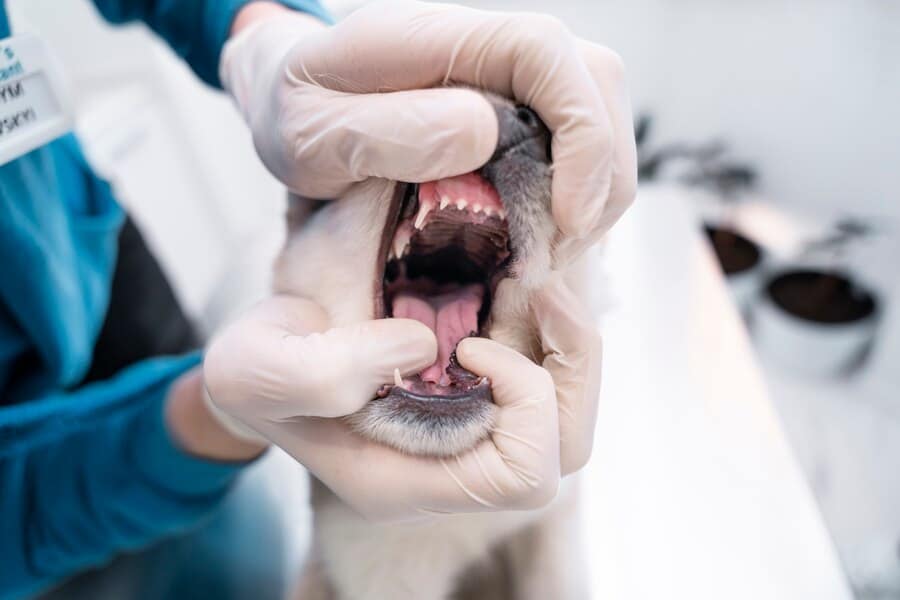Welcoming a pet into your home brings immeasurable joy, but just like us, they can face dental challenges. Dental issues in pets can lead to discomfort and affect their overall well-being. When preventive measures fall short, veterinary oral surgery becomes a crucial solution. We’ll guide you through the essential steps of veterinary oral surgery in this blog, and provide tips for before, during, and after the procedure to ensure your pet’s optimal care.
Before Veterinary Oral Surgery: Preparation Is Key
Before your pet undergoes oral surgery, it’s essential to prepare both mentally and practically. Schedule a pre-surgery consultation with your veterinarian to discuss the procedure and address any concerns you may have. Make sure to follow pre-surgery instructions such as fasting, which helps reduce the risk of complications during the surgery. It’s also a good idea to create a comfortable recovery space at home, with a cosy bed and easy access to food and water.
During Veterinary Oral Surgery: Trusting The Experts
The day of the surgery can be nerve-wracking for pet parents, but it’s crucial to trust the expertise of your veterinary team. They will administer anaesthesia to ensure your pet feels no pain during the procedure. Veterinary oral surgery may involve tooth extractions, gum treatments, or other necessary interventions. Rest assured, the veterinary team will closely monitor your pet’s vital signs throughout the surgery. The process may take some time, so patience is key.
After Veterinary Oral Surgery: Gentle Care For Swift Recovery
Once the surgery is complete, your pet will need extra care to ensure a smooth recovery. Your veterinarian will provide post-operative instructions, which may include pain management, dietary restrictions, and recommendations for at-home care. Ensure your pet has a quiet and comfortable place to rest, away from noise and potential stressors. Be vigilant for any signs of discomfort or complications, and communicate promptly with your veterinarian if you have any concerns.
Ensuring A Bright, Healthy Mouth For Your Pet
Veterinary oral surgery is a vital aspect of pet care, addressing dental issues that can impact your pet’s quality of life. By taking proactive steps before, during, and after the procedure, you contribute to your pet’s swift recovery and overall well-being. Remember, open communication with your veterinarian is key, and being attentive to your pet’s needs ensures they receive the best care possible.
As responsible pet owners, it’s our duty to prioritise our pets’ oral health, ensuring they continue to bring joy and companionship into our lives. Contact Sydney Pet Dentistry today for expert veterinary oral surgery services!


